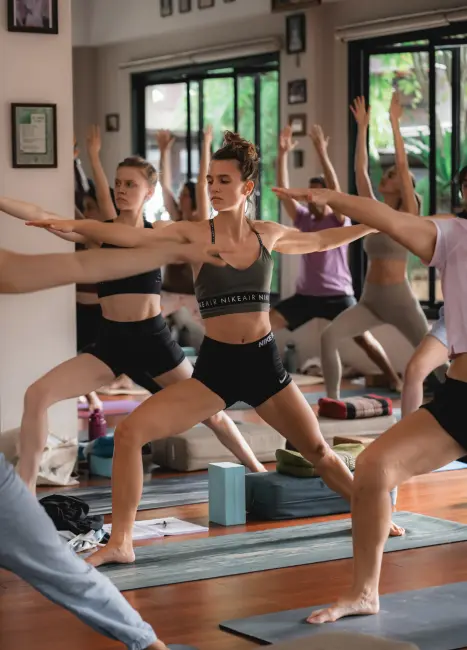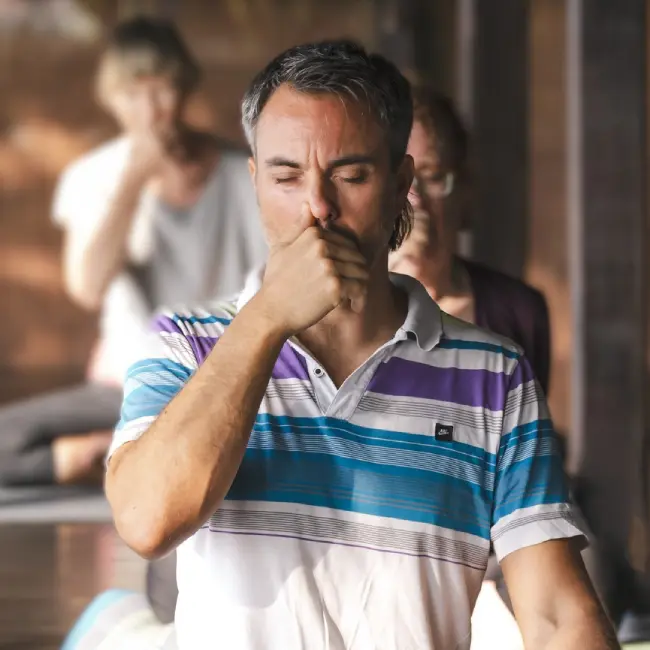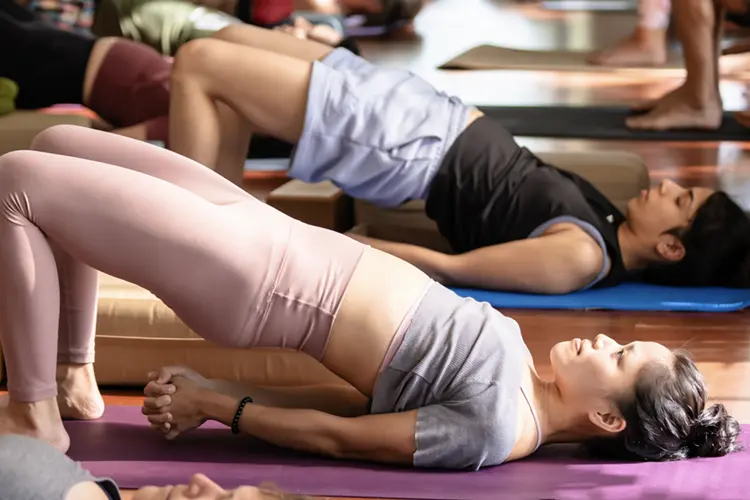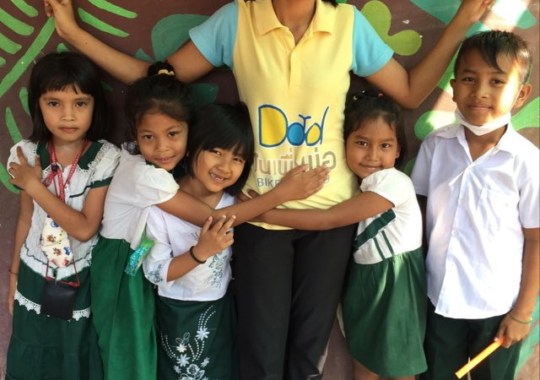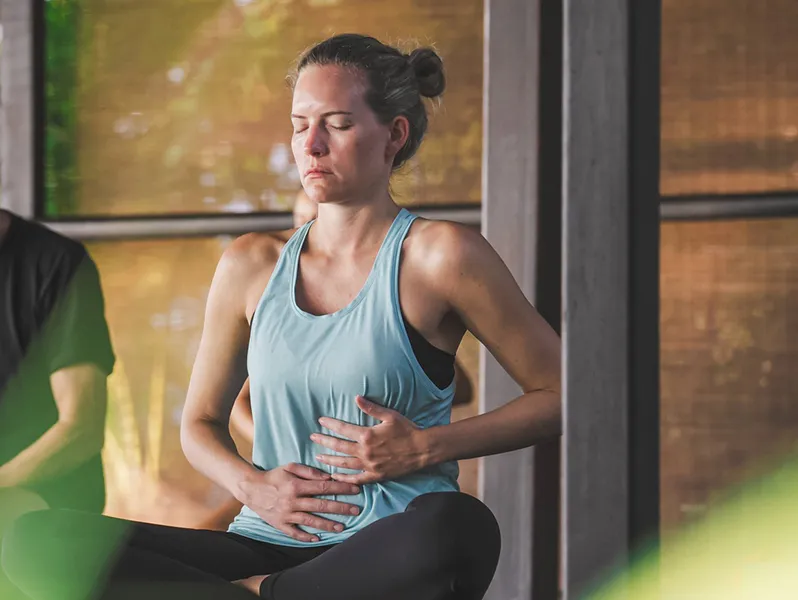 https://samahitaretreat.com/wp-content/uploads/2024/02/basic-breathwork.webp
600
798
Dr. Paul Dallaghan
http://samahitaretreat.com/wp-content/uploads/2024/01/samahita-logo-v2.svg
Dr. Paul Dallaghan2024-02-28 20:34:422024-02-28 20:35:53Navigate the World of Breathing
https://samahitaretreat.com/wp-content/uploads/2024/02/basic-breathwork.webp
600
798
Dr. Paul Dallaghan
http://samahitaretreat.com/wp-content/uploads/2024/01/samahita-logo-v2.svg
Dr. Paul Dallaghan2024-02-28 20:34:422024-02-28 20:35:53Navigate the World of BreathingIn 2003, Samahita Retreat opened as Asia’s pioneering Wellbeing Retreat Center and since then has been the home of yoga, breathwork, and wellbeing in Thailand. Samahita is dedicated to helping you increase your energy level, recover, and enhance your vitality, through yoga, fitness, and wellness, in nature, direct on our 200m beachfront. You can customize your Yoga & Fitness or Wellness stay, available all year round, or join a fixed date Yoga Retreat or Yoga Teacher Training here with us in Thailand. Now with NEW exclusive beachfront rooms.
Asia’s First Wellbeing Retreat for Yoga, Breath, Fitness and Wellness
25+
Years Teaching Yoga, Breath & Meditation
2003
Samahita in Thailand Began
1,800+
Centered Yoga Teachers Trained Worldwide
25,000+
Guests Enjoying Yoga, Breath and Fitness
Our Services
Choose the best all-inclusive stay for you
 Yoga & Fitness
Yoga & Fitness
- Daily classes
- Yoga, core, cycle
- Breath, mind, meditation
- One Rate-Any Date
- All inclusive
Retreats
- Weekly retreats
- Yoga, fitness, wellness
- International guest teachers
- Fixed annual dates
- All inclusive
Teacher Training
- Month-long training
- Education in yoga since 1999
- Advanced and experienced teacher team
- Twice annually
- All inclusive
 Wellness
Wellness
- Daily wellness: Total Self-Care
- Yoga & Fitness classes included
- Brain Health Upgrade & therapies
- One Rate-Any Date
- All inclusive
Featured Program

One Rate-Any Date
Offering our discounted best value rates
Featured Retreats
Join an all-inclusive Fixed-date Retreat or Training
Samahita means Centered
Breathe into a New Life
A Genuine Place to Do More Than Just a Holiday – Prioritize your Wellbeing
- Learn new practices, meditation and more, on a yoga retreat right here in sunny Thailand
- Restore your body through good food, healthy living, yoga, along with a fitness retreat focus
- Refresh and rewire your brain based on our experienced health retreat approach
- Bathe in nature’s wonders on our beautiful beach in this remote corner of Thailand’s special Koh Samui
- Get great value with our One Rate-Any Date signature YogaCoreCycle program
The Samahita Blog
Explore a range of content from Articles, Blogposts, and Vlogs

